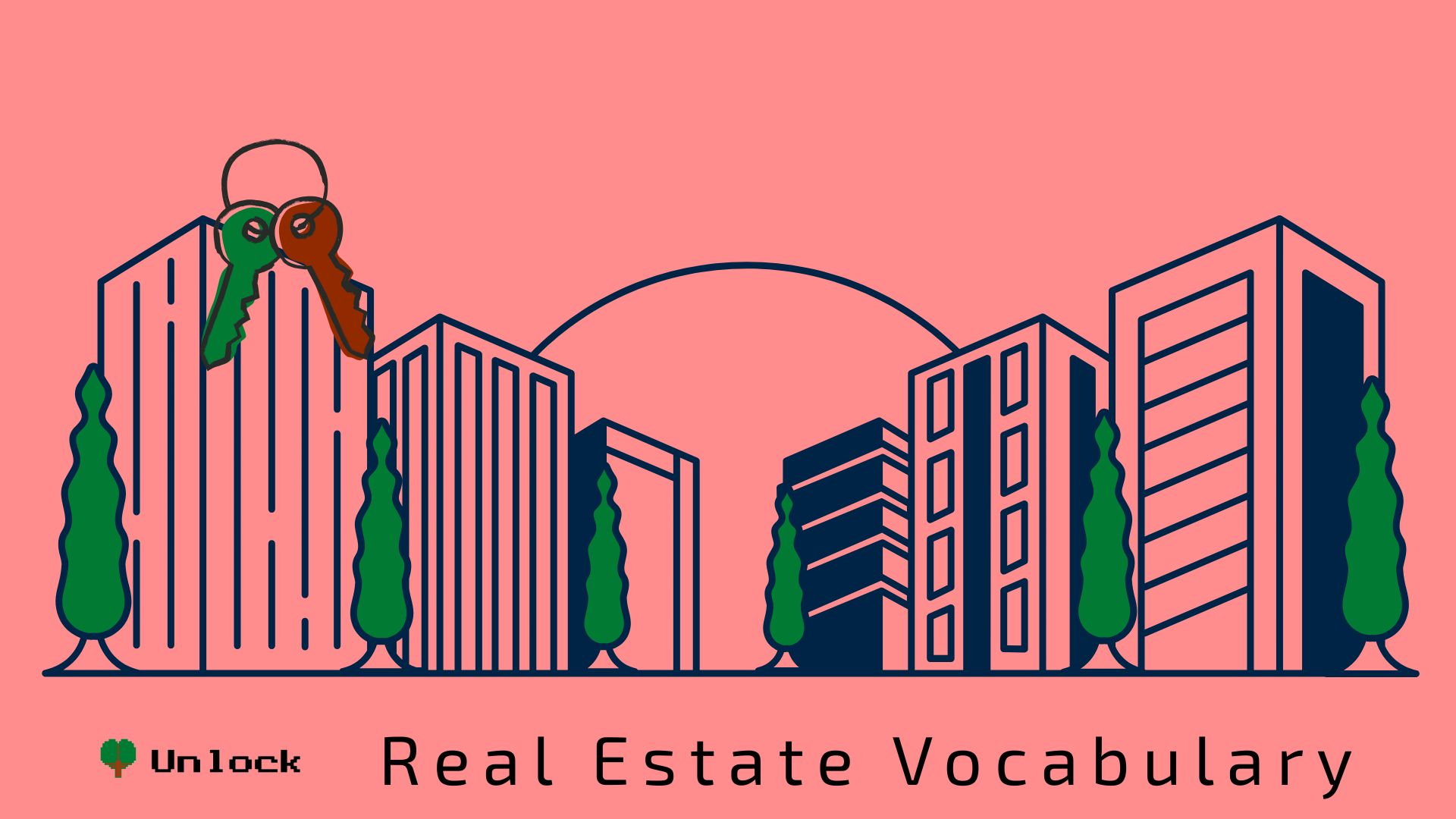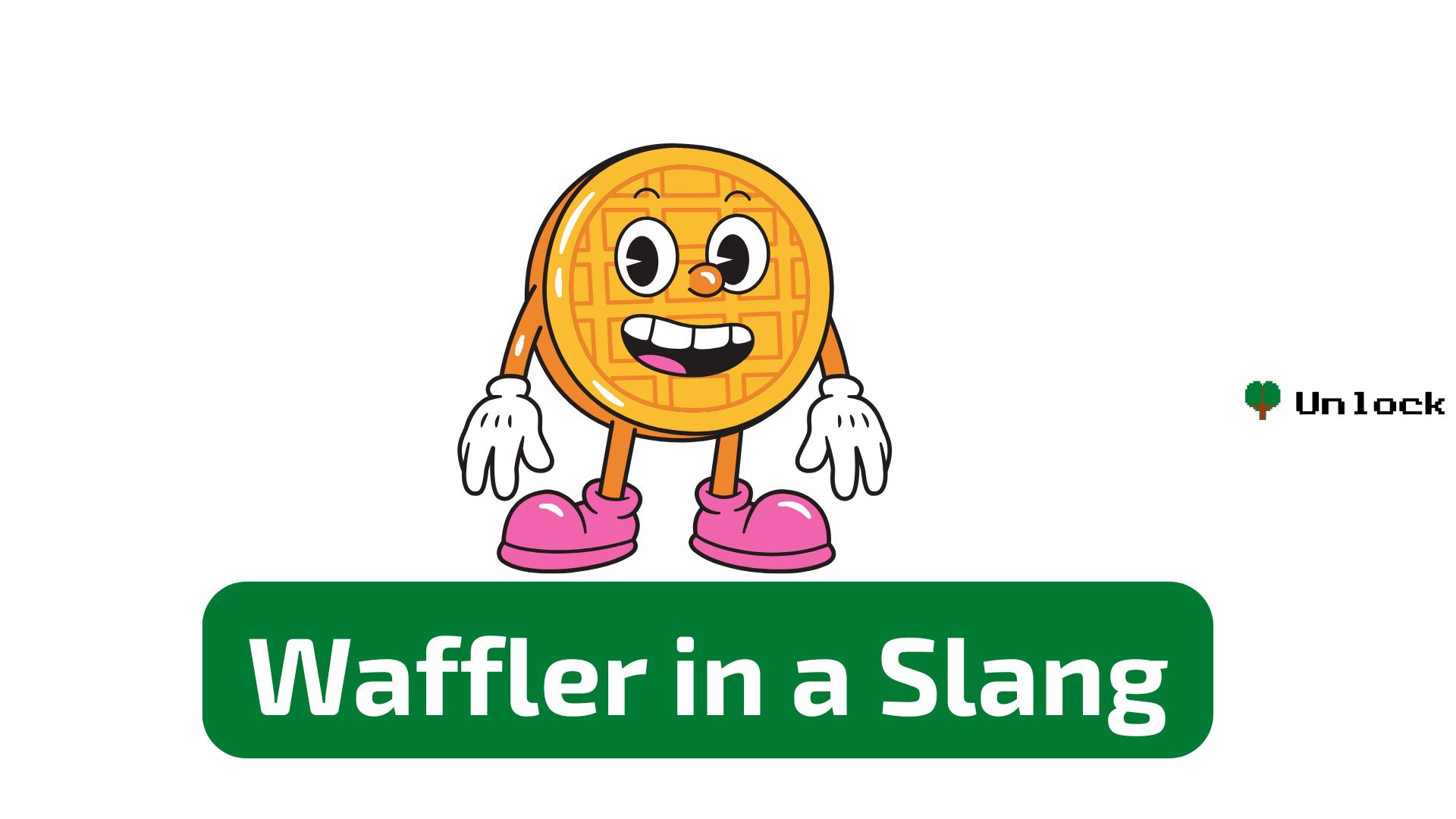
Linking Words - Contrasting Ideas With Conjunctions
We use linking words to join ideas together when we're talking or writing. Sometimes we want to link two ideas that are different from each other (for example, one is a positive idea and one is a negative idea) or we want to link one idea to another one which is surprising or unexpected. We can use linking words like 'however', 'although' and 'despite' to do this.
While and whereas
While is a conjunction that is most commonly used with time, but it can also be used to mean 'despite the fact that' or 'although'.
- While I made some mistakes in my driving exam, I still passed.
- While many kids like rock, some prefer classical music.
In this sense, while comes at the beginning of the sentence.
While and whereas can be used to mean 'but' or 'compared with the fact that', to compare two contradictory ideas.
- Whereas Cassius is very sociable, his brother is more reserved.
- My trip home was quick and easy, whereas my colleagues were delayed for hours.
In this sense, while/whereas can come at the beginning of the sentence or between the two contradictory clauses.
Yet
Use the linker yet when expressing an idea that is surprising because it contradicts what has been mentioned earlier. For example:
- I didn't help her, yet she helped me.
- He’s already 94 years old, yet somehow, he is still fit and healthy.
Although
After although we use a subject and a verb. We can use 'although' at the beginning or in the middle of a sentence. It is used in front of a clause (a clause has at least a subject and a verb that agrees with the subject).
- Although the weather is bad, I love London.
- I love London, although the weather is bad.
- We enjoyed our camping holiday, although it rained every day.
- Although he worked very hard, he didn’t manage to pass the exam.
- The holiday was great, although the hotel wasn’t very nice.
Even though
Even though is a slightly stronger form of although.
- We decided to buy the house even though we didn’t really have enough money.
- You keep making that stupid noise even though I’ve asked you to stop three times.
Like although, even though is followed by a subject and a verb.
Despite / in spite of
We use 'despite' or 'in spite of' before a noun or a gerund. It can also go in the middle or at the beginning of a sentence. 'Despite' and 'in spite of' mean exactly the same thing. (The only difference between in spite of and despite is the ‘of’.) You can choose whichever one you like! If you want to use 'despite' or 'in spite of' before a clause (subject and verb), we must include the expression ‘the fact that’.
- I love London despite the bad weather.
- I love London in spite of the bad weather.
- Despite the bad weather, I love London.
- In spite of the bad weather, I love London.
- Despite the fact that the weather is bad, I love London.
- In spite of the fact that the weather is bad, I love London.
- I love London despite the fact that the weather is bad.
- I love London in spite of the fact that the weather is bad.
- In spite of the fact that he worked very hard, he didn’t manage to pass the exam.
- Despite the fact that he worked very hard, he didn’t manage to pass the exam.
- We enjoyed our camping holiday in spite of the rain.
- Despite the pain in his leg he completed the marathon.
- Despite having all the necessary qualifications, they didn’t offer me the job.
However
We use 'although' and 'despite / in spite of' to connect two clauses in the same sentence. On the other hand, 'however' isn't used to connect two clauses. Instead, we usually put the two ideas in two separate sentences. We put 'however' in the second sentence. We can put it at the beginning, at the end, or after the subject.
- I love London. However, the weather is bad.
- I love London. The weather, however, is bad.
- I love London. The weather is bad, however.
But
But is more informal than, however. You can’t use but at the beginning of a sentence (in written English).
- I like popcorn, but the kernels stick to my gums.
Even if
Even if means 'whether or not' or 'no matter whether'. It's followed by a subject and a verb.
- Even if you are an expert swimmer, you should be careful at this beach.
Though
We can use “though” either at the beginning or at the end of a sentence. But keep in mind that if you say it at the beginning of the sentence, you’ll sound really formal. Take a look:
- Though I have a headache, I won’t miss tomorrow’s meeting.
- Though it’s raining, we’re still going hiking.
Nowadays, we’ll see “though” being used at the end of a sentence. It often replaces the word “but”. Besides, you’ll sound more informal and really cool! ;)
- This cake looks pretty. It tastes awful, though.
- My coworker is hilarious! He can be annoying, though.
Much as
Much as is a more formal expression. It means 'although', 'despite how much' or 'no matter how much'.
- Much as I enjoyed studying abroad, it was good to return home.
.png)



.jpg)


